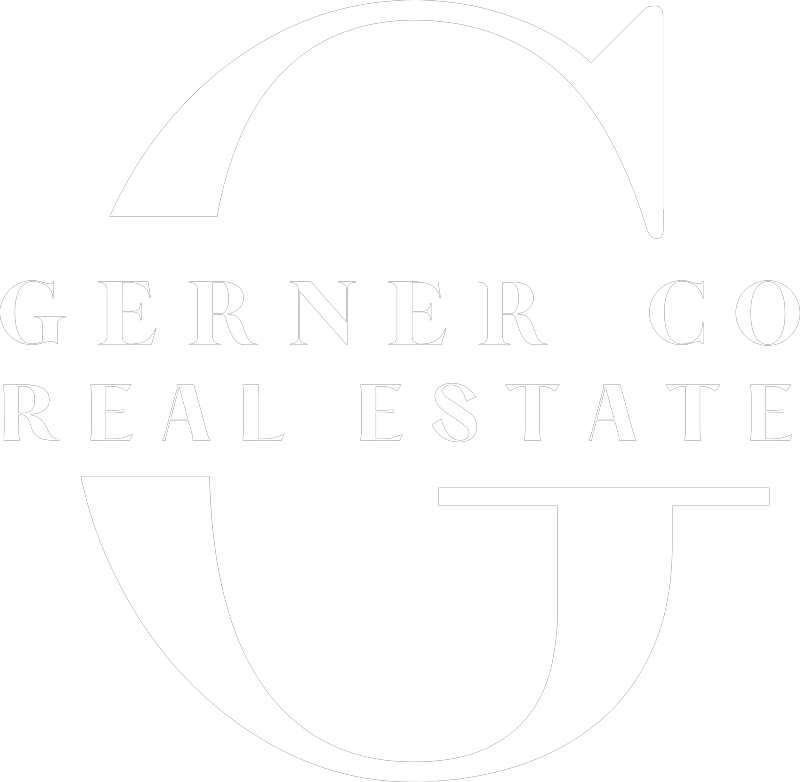What capital gains taxes should you expect when selling a home in Virginia?
When you sell home in Virginia, you may owe capital gains tax depending on whether it’s your primary residence or a second home. Most primary homeowners qualify for an exemption of up to $250,000 ($500,000 for married couples), while investment and vacation properties like those at Smith Mountain Lake are fully taxable. Always consult a tax professional for advice tailored to your situation.
If you’re planning to sell home in Roanoke or around Smith Mountain Lake, understanding how capital gains taxes work is crucial. Taxes can eat into your profits, especially if you’ve owned the property for several years and watched its value rise. Eric and Amber Gerner, trusted Realtors with Gerner Co Real Estate, often guide sellers through the basics so you’re prepared before listing. Here’s what you need to know about capital gains tax in Virginia—whether you’re selling your family home or a lakefront vacation property.
What Is Capital Gains Tax?
Capital gains tax is the tax you pay on profit when you sell an asset like real estate. The gain is the difference between what you paid (plus eligible improvements) and what you sell for. In Virginia, you’ll pay federal capital gains tax and possibly state income tax on profits that don’t qualify for exemptions.
Capital Gains Exemption for Primary Homes
If the property you’re selling is your primary residence in Roanoke or the Greater Roanoke Valley, you may qualify for a significant exemption:
$250,000 exclusion for single filers.
$500,000 exclusion for married couples filing jointly.
To qualify, you must have lived in the home for at least two of the last five years before the sale. This is a huge benefit for families selling homes in neighborhoods like Cave Spring or South Roanoke, where values have steadily increased.
How Capital Gains Work for Second Homes and Investment Properties
Vacation homes and investment properties—like a lakefront retreat in Moneta or rental property near Mariners Landing—are treated differently. The primary residence exclusion doesn’t apply, so any profit is taxable. This often comes as a surprise to second-homeowners at Smith Mountain Lake, where values have risen sharply over the last decade. You may also face depreciation recapture if you’ve been renting the property.
Short-Term vs. Long-Term Capital Gains
Your tax rate depends on how long you’ve owned the property:
Short-term gains (owned less than a year): Taxed as ordinary income, which can be higher.
Long-term gains (owned more than a year): Taxed at reduced federal rates (0%, 15%, or 20% depending on your income).
Virginia State Taxes on Home Sales
In addition to federal taxes, Virginia may tax your capital gains as part of your state income tax. The rate depends on your income bracket. While the exemption for primary homes is federally recognized, it does not apply to second homes, so vacation property sellers often owe both federal and state taxes on gains.
Can Home Improvements Lower Your Capital Gains?
Yes. Documented improvements—like a new roof, kitchen remodel, or dock installation at Smith Mountain Lake—can increase your cost basis. That means less taxable profit when you sell. Routine maintenance (like painting or repairs) doesn’t count, but upgrades that add value often do.
Does Timing Matter When Selling a Home?
Timing can make a big difference. If you’re close to hitting the two-year mark in your primary residence, waiting could qualify you for the exemption. For investment homes, selling after one year ensures long-term rates rather than higher short-term taxes. Eric and Amber Gerner often work with sellers to plan listing dates that align with both market trends and potential tax savings.
Roanoke and Smith Mountain Lake Market Trends
In 2025, the Roanoke real estate market remains competitive, with average home values in Cave Spring up about 6% year-over-year. At Smith Mountain Lake, limited inventory of waterfront properties has pushed values even higher. This appreciation means sellers often face larger capital gains, especially for second homes purchased years ago at much lower prices.
Why You Should Consult a Tax Professional
While Eric and Amber Gerner provide guidance on the selling process, they are not tax professionals. Because every situation is unique—especially with second homes, rental history, and depreciation recapture—it’s essential to consult a CPA or tax advisor. Your advisor can help calculate your liability and explore strategies to reduce your tax burden.
Plan Ahead to Maximize Your Profits
Whether you’re selling a family home in Roanoke or a lake house at Smith Mountain Lake, understanding capital gains tax helps you plan smarter. Eric and Amber Gerner of Gerner Co Real Estate bring decades of combined experience to help you time your sale, market effectively, and connect with trusted professionals. With the right preparation, you can sell confidently and keep more of your hard-earned equity.
Ready to Sell Your Home?
If you’re considering selling your home in Roanoke or Smith Mountain Lake, contact Eric and Amber Gerner with Gerner Co Real Estate. They’ll provide a free home valuation, discuss your goals, and connect you with the right experts to ensure a smooth sale. Reach out today to start your personalized selling strategy.

